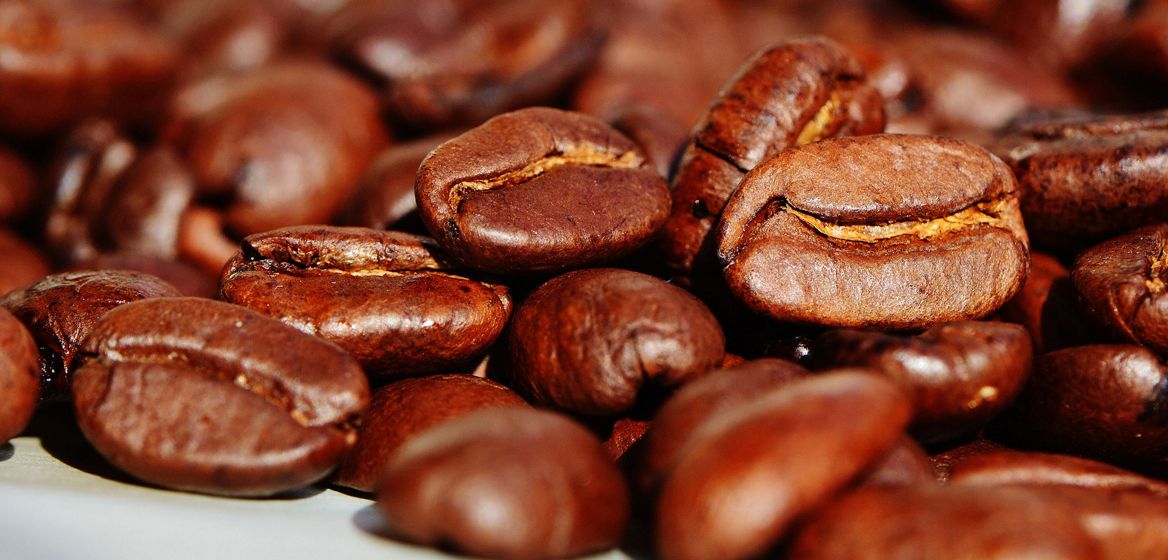How McDonald's Is Reducing Deforestation With Sustainable Coffee Production
October 21, 2021
Given its ubiquity and importance to daily life, you might be surprised to learn that coffee is a remarkably fragile crop. According to the Inter-American Development Bank, a development nonprofit geared towards Latin America and the Caribbean, climate change could cut the amount of land suitable for the crop in half by 2050. This is a significant problem.
Farmers seeking suitable land could end up contributing even more extensively to deforestation. Coffee already plays a significant role in the destruction of our rainforests. Per data-driven advocacy group The World Counts, each cup of coffee accounts for roughly one square inch of deforestation.
There are other issues with the unregulated production of the crop as well. Per The Bureau of International Labor Affairs, a branch of the U.S. Department of Labor, there are multiple reports of child labor and forced labor associated with coffee. Pesticide mismanagement, meanwhile, has the potential to harm not only the environment but the farmers themselves, according to a study published in The Australian Journal of Agricultural and Resource Economics.
McDonald's knew that it was our responsibility to ensure that our supply chain did not suffer from such ethical issues. We started with farms. By promoting sustainable coffee farming practices, we could help farmers protect their crops against the ravages of climate change. And by working to exclusively source coffee that was certified sustainable, we could encourage more ethical, efficient, and environmentally-sound farming practices.
Our goal at the start was simple. We wanted to ensure that, by 2020, 100 percent of our coffee was sustainably sourced. We achieved that goal in November 2019, a year ahead of schedule.
As we explored sustainable coffee production, we realized that we could do more. We saw a unique opportunity to invest in coffee farmers, supporting them with everything from technical guidance to community development. We recognized that sustainability is not just an environmental issue, nor is it solely an economic one.
There's a human side to it, one which is critically important to a green future.
To that end, we worked with one of our nonprofit partners to launch the McCafé Sustainability Improvement Platform. Intended as a means to evaluate coffee sustainability while also providing guidance to farmers, McCafé SIP is active in five countries across South and Central America as of 2019 and currently reaches approximately 6,000 farms. It allows us to more effectively offer much-needed support to the many small, family-owned farms that provide us with our coffee. Through both the McCafé SIP and industry partners, we've invested millions and trained tens of thousands of farmers in sustainable growing practices such as reforestation and water quality. Those farmers who've completed our training have reported 48 percent larger yields. More importantly, they enjoy these yields without harming the environment, and while also being more resilient to difficult weather conditions and diseases such as Coffee Rust.
We've also further expanded McCafé SIP through the creation of an Advisory Council. The members of this council have helped us in several key ways, including developing a minimum set of standards by which we now evaluate our suppliers and brainstorming expanded performance metrics to help us more accurately measure performance and improvement.
At McDonald's, we firmly believe that our customers deserve to feel good about their morning brew, just as our suppliers deserve to feel good about working with us.
By prioritizing human rights, supporting small farms and farming communities, and collaborating with our business partners, we want to maintain a supply chain that's sustainable in every way that counts. One which ensures that, for McCafé coffee, the future is bright.

